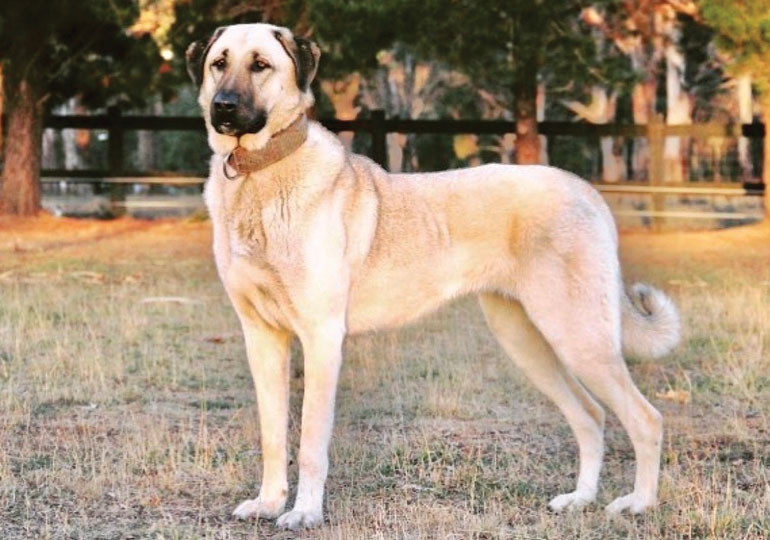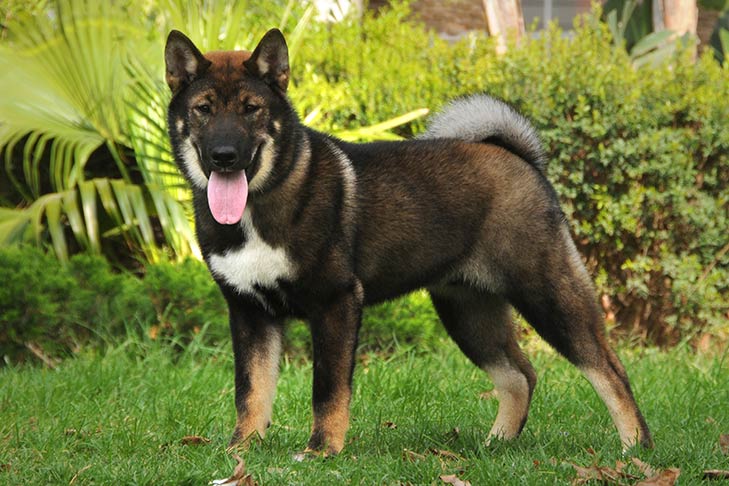
Introduction
The English Pointer has a long and distinguished history tracing back to the 17th century when they were first bred in England as hunting dogs. With their exceptional scenting and tracking abilities, they quickly gained popularity. The breed was developed from a mix of Spanish Pointers, Bloodhounds, Greyhounds, and Foxhounds, selectively refining their distinctive traits over time. English Pointers became popular among sportsmen in England and America, being used for various types of game hunting. Even today, the breed remains a favorite among hunters and dog enthusiasts, known for their loyalty, athleticism, and intelligence. With regular exercise and training, they thrive in different living situations, including rural farms and suburban homes.
Temperament
Personality traits of the breed
The English Pointer is known for its loyal, affectionate, and gentle personality. They are intelligent, curious, and energetic, making them excellent companions for active individuals or families. English Pointers are eager to please their owners and thrive with positive reinforcement training methods. They are generally good-natured and get along well with other dogs and children, though early socialization is important. English Pointers have a strong prey drive due to their hunting background, so it is recommended to supervise them around smaller pets. With proper exercise and mental stimulation, English Pointers can make excellent pets and lifelong companions
Aggression in English Pointer

Explanation of aggressive behavior in English Pointer
English Pointers are typically not known for aggressive behavior. However, like all breeds, individual dogs may display aggressive behavior for various reasons, such as fear, territoriality, or lack of socialization. Aggressive behavior in English Pointers can be exhibited through growling, biting, snapping, or other threatening behaviors. It is important to address any aggressive behavior early on, as it can become more challenging to correct as the dog grows older. Owners should seek professional help from a qualified dog trainer or behaviorist to address any aggressive behavior in their English Pointer. In addition, it is important to provide adequate exercise, mental stimulation, and socialization to prevent and manage any potential aggression issues.
Health and Lifespan
Reported lifespan range
The average lifespan of an English Pointer is between 10 to 12 years, which is a typical lifespan range for most medium to large dog breeds. However, some English Pointers have been known to live up to 15 years or more with proper care and nutrition. The lifespan of an English Pointer can be influenced by factors such as genetics, diet, exercise, and healthcare. Owners can help ensure their English Pointer lives a long and healthy life by providing regular veterinary check-ups, a healthy diet, and adequate exercise and mental stimulation.
Food for English Pointer
Best food for English Pointer
The best food for an English Pointer will depend on their individual needs, such as age, activity level, and health condition. As a general rule, high-quality dog foods that provide balanced nutrition are recommended for English Pointers. This includes foods that contain a balanced amount of protein, carbohydrates, healthy fats, vitamins, and minerals. Some English Pointers may benefit from specific types of food, such as those designed for weight management or joint health. It is important to choose a dog food that is appropriate for your English Pointer’s specific needs and consult with a veterinarian if you have any concerns or questions about their diet. Owners can also supplement their dog’s diet with healthy treats, fruits, and vegetables, but it is important to avoid giving them human foods that can be harmful to dogs.
Training for English Pointer
How to train English Pointers
Training an English Pointer requires patience, consistency, and positive reinforcement techniques. Start by teaching basic obedience commands such as “sit,” “stay,” and “come.” Reward the dog with praise, treats, or playtime when they exhibit positive behavior. English Pointers are intelligent dogs and enjoy learning new things, so it is important to provide them with regular mental stimulation and challenges. Incorporating activities such as agility training or scent work can also help keep them engaged and mentally stimulated.
Due to their hunting background, English Pointers have a strong prey drive, so it is important to train them to come back when called and to be aware of their surroundings. Socialization is also crucial to prevent fear or aggression towards other dogs and people.
It is recommended to start training English Pointers at an early age and to keep training sessions short and positive. Consistency and repetition are key to successful training. Owners can seek help from a qualified dog trainer or behaviorist if they are having difficulties with training or behavior issues.
Overall, English Pointers are trainable dogs with a desire to please their owners. With patience, positive reinforcement, and regular training, English Pointers can become well-behaved companions for years to come.
Conclusion
English Pointers are a breed of dog with a rich history dating back to the 17th century. Originally bred in England for hunting game, particularly birds, they quickly gained popularity due to their excellent scenting and tracking abilities. Today, English Pointers are beloved by generations of hunters and dog enthusiasts alike. They are known for their loyal and affectionate nature, athleticism, and intelligence. While English Pointers can display aggressive behavior if not properly socialized, they are typically not known for this trait. To ensure an English Pointer lives a long and healthy life, owners should provide regular veterinary check-ups, a healthy diet, and adequate exercise and mental stimulation. Training an English Pointer requires patience, consistency, and positive reinforcement techniques, and starting at an early age is recommended. Overall, English Pointers are trainable and make excellent companions for those willing to provide them with the necessary care and attention.



